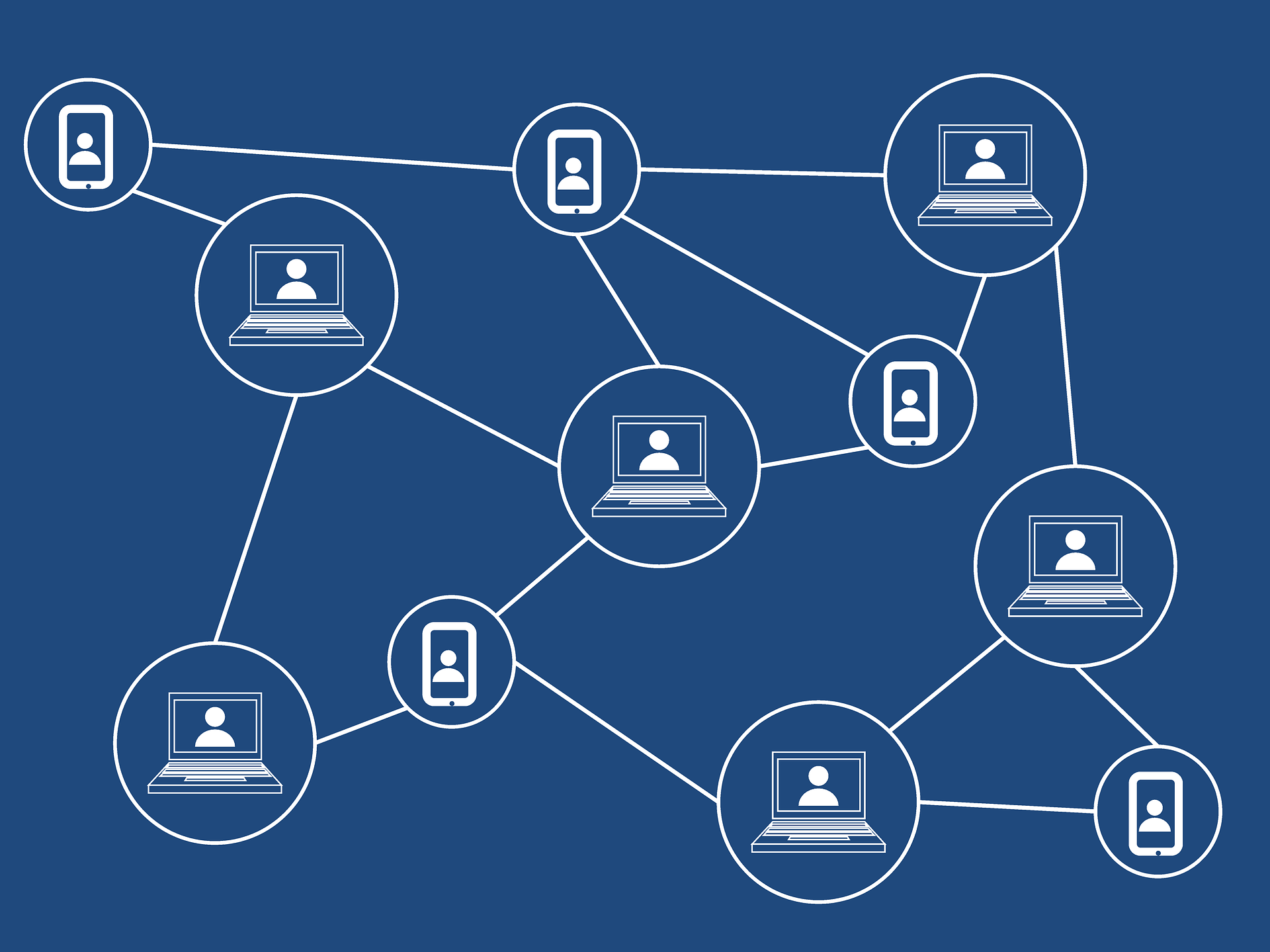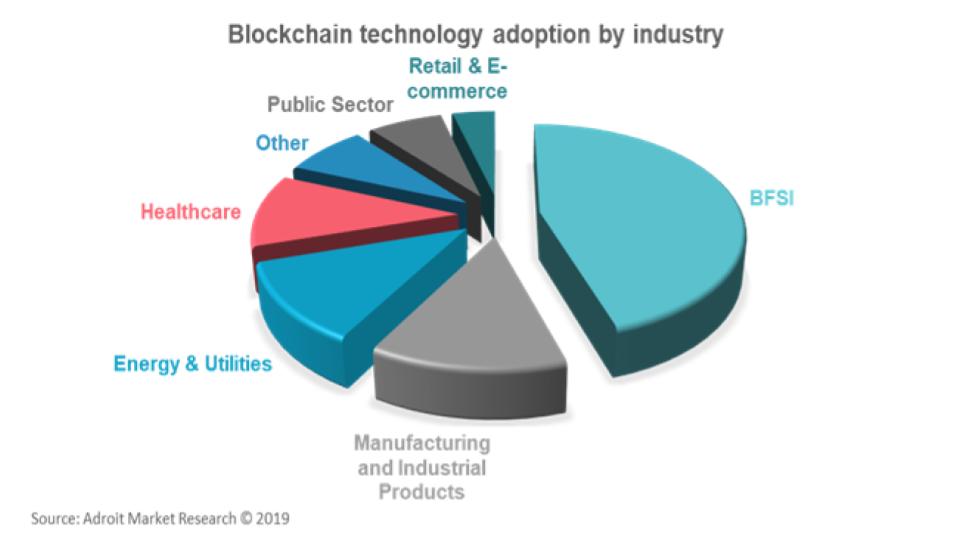By Alejandra Labarca*
Blockchain technology, or to be more rigorous, the “Distributed Ledger Technology” (DLT) as it is called due to the generic name of the technologies that include the block chain, is breaking with more force in different sectors of the economy to solve already structural bottlenecks and that only a technological shock can break in order to expand the productivity limits in different industries.
The emergence of blockchain technology in 2008, during what was called the “subprime crisis” was nothing more than the result of a history of work initiated by intellectuals, mathematicians, computer scientists, Crypto-Punkies using cryptography as a method. It was not just a technical job but rather something based on strong paradigm-shifting beliefs about how the economy works.
The industrial application of this technology, which underlies cryptocurrencies, is what will really have the necessary impact on society, making better use of our capabilities, assigning them a new value and thus increasing global wealth with better distribution and greater access.
In a nutshell, Blockchain is a distributed ledger, like an accounting ledger, where many “nodes” have a copy of the ledger and where cryptography and consensus protocols play a key role in ensuring that transactions are unique, secure, traceable and without intermediaries.
The size of the global market for blockchain technology from 2017 to 2027 is projected at USD $162.4 billion and the industries that are making the greatest inroads in adopting the technology to date are finance, industrial and manufacturing processes; energy and other utilities.
Blockchain market in Aviation
For its part, the blockchain market in aviation was estimated at USD 421 million in 2019, projecting an average annual growth of 22.1% to reach a market equivalent to USD $1,324 billion in 2025.
It is estimated that the main drivers, today, to promote the use of blockchain in the aviation industry are:
- transparency and traceability of operations
- reduction of complexity in transactions
- cost savings, and,
- customer experience.
The same studies also indicate that the market with the greatest share of it will be North America.
Although we have just seen some cases of blockchain technology in the specialized press, airlines have been investing in the technology for some time through different applications.
Paying tickets with cryptocurrencies
One of the applications that attracts the most attention today is the possibility of paying for tickets and tour packages with a wide range of cryptocurrencies. This practice exists since 2014 when Air Baltic received payments with bitcoin.
The goal is to capture a new market of multi-millionaire and quite nomadic millennials who own 83% of their wealth in cryptocurrencies. The last airline to join this system was the Spanish carrier Vueling via the BITPay platform and the Air Travel Plan (UATP) payment network. What this practice does is eliminate fraud and phishing attempts, as well as being faster, safer, and less expensive. There is also AlternativeAirlines.com, which intermediates cryptocurrency payments with airlines that do not accept this means of payment.
The important thing about this adoption is that although it brings enormous operational and commercial benefits to airlines, it does not require them to have a specialized area in the matter. The increase in efficiency of this operation occurs thanks to the generation of new companies in the blockchain ecosystem that provide payment services in cryptocurrencies, providing their clients with complete payment processes, charging a single fee of 1% on the transaction volume.
Aviation big data and smart contracts
The transparent and immutable nature of Blockchain and its tools such as smart contracts are already being used to securely store the huge amounts of data that airlines produce every day, such as: crews, fuel, manufacturing, security and maintenance. Given this, the “endemic challenges of the sector” are data privacy, the lack of interoperability and the absence of a trust framework for the parties to share information.
For their part, smart contracts are computer programs written in code that establish a contractual relationship that takes on the characteristics of the blockchain platform where they are registered. The logic of the smart contract is “if this happens, then this happens”. Many times for the smart contract to deliver the necessary results, there is an oracle that stores the data on which the contract operates.
Seeing this opportunity, Lexis Nexis is feeding information about flights to the Avalanche blockchain through a Chainlink node, the largest network of decentralized oracles. With this information as a reference in the oracles of smart contracts, it will be possible to improve flight insurance management, supply chain management and risk assessment. In addition, it is expected to accelerate the innovation of smart contracts and support the growing adoption of specialized blockchain-based insurance solutions.
The challenges of the aviation industry that can be solved with blockchain technology are numerous and cover all areas, and can mean significant savings and higher profits for companies, but also better services and rates for customers. Aware of this, the industry is trying different formulas to get to know the technology, on the one hand, but also to show signs of innovation and market positioning, on the other.
All the attempts of the industry in this sense contribute to the knowledge and dissemination of technology and its usefulness for the members of the ecosystem, but mainly the necessary inputs are added to shape a new reality, integrating the necessary legislation and good practices according to the cultures and economic systems served.
About ZEROCO2
Since its official launch in 2013, ZEROCO2 has worked continuously, together with a group of collaborators, to promote the construction of a new, more sustainable and zero-carbon economic development model, through the design and implementation of new clean technological solutions in areas such as energy, mobility, efficiency, connectivity and telecommunications, among others. The foregoing through investment, design and development of new projects.
The technological solutions that they promote are aimed at helping all sectors and in the economy and as such blockchain technology stands out. In addition, it has been supporting different industries for years in generating innovative business strategies that incorporate new technologies, especially blockchain technology. In addition, ZEROCO2 is aware of the need to put knowledge at the base of the new economy and for this reason it has promoted a “Continuous Training Area” with which it promotes a set of activities such as webinars, workshops for companies, seminars, diploma-level degrees, masterclasses and courses together with its international network of collaborators and experts made up of professionals, universities, research centers, companies, directors and other organizations of different international relevance.




